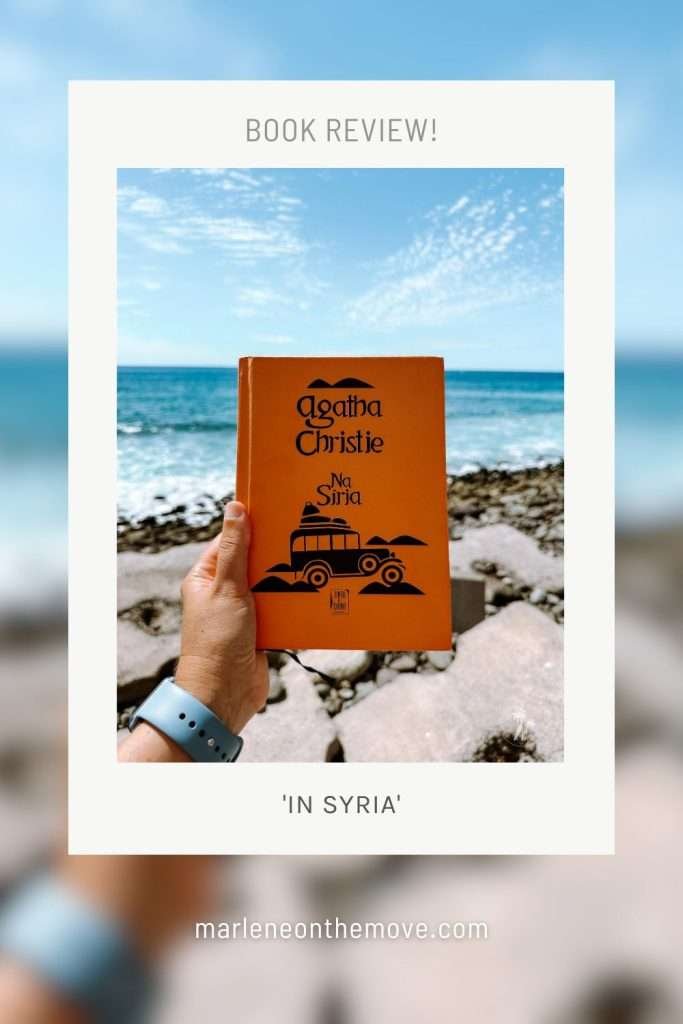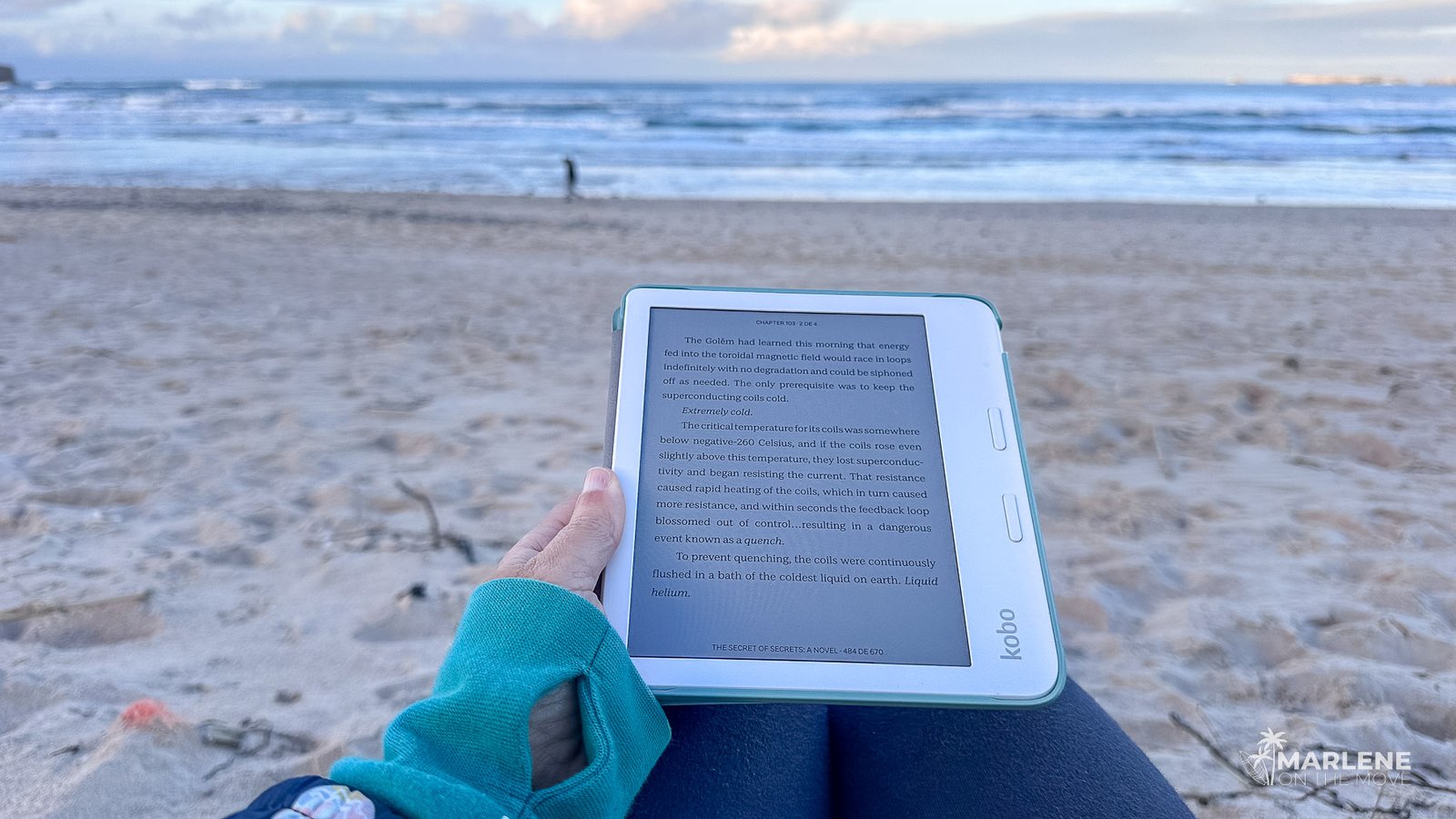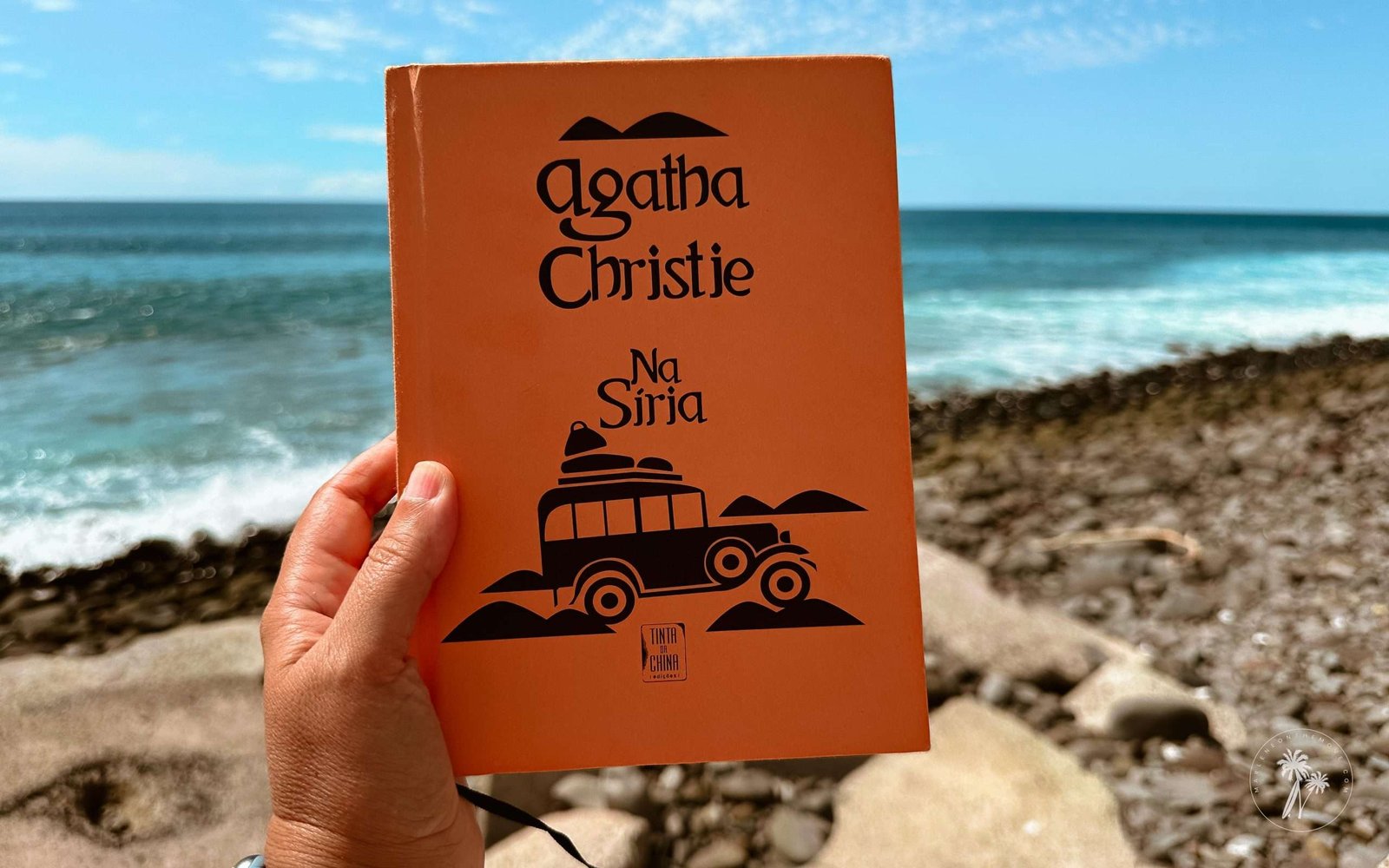
“In Syria” – The wanderlust life of Agatha Christie
I think I can say that among people who enjoy reading all over the world (and even those who do not), there’s no one who doesn’t recognize the name of Agatha Christie. She is one of the world’s greatest detective novels and mystery story writers. After all, who hasn’t heard of Hercule Poirot and cases like “A Murder on the Orient Express”?
Funny story: I was supposed to be called Ágata myself, such was my mother’s fondness for this author… you see, today you could be reading a blog called “Ágata On The Move”!
Jokes aside, what many readers may not know is that Agatha Christie was a great traveler who accompanied her archaeologist husband on his journeys of exploration.
It was from these trips that “In Syria” was born.
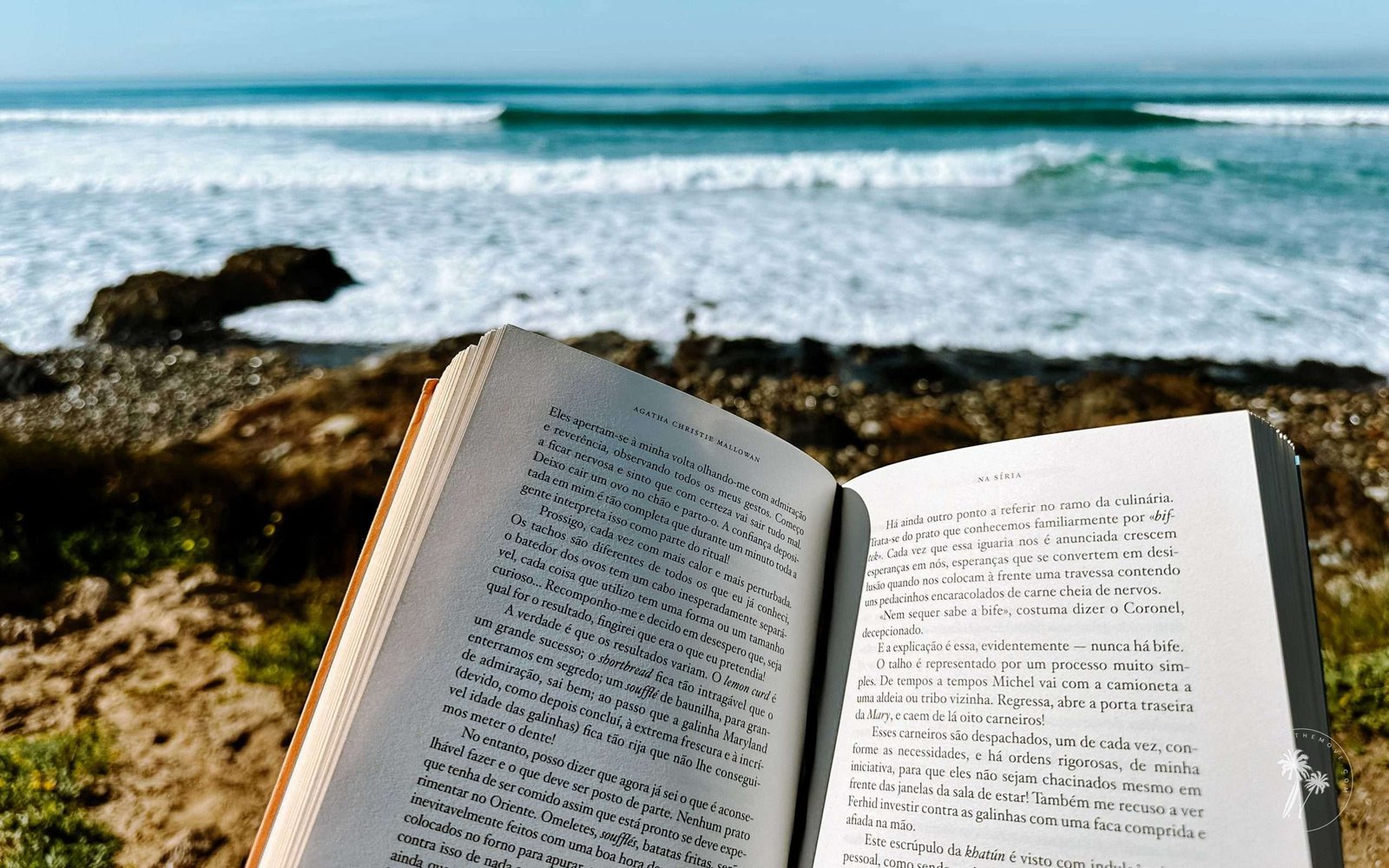
The daily life of a writer in Syria
The original name of “In Syria” is “Come, Tell Me How You Live,” and its author signed it not just as Agatha Christie but as Agatha Christie Mallowan, her married name. This is because this book is an account of the time she spent accompanying her husband, Max Mallowan, on his archaeological excavations in Middle Eastern countries.
It is even said that it was in these settings, in these environments, that was so unusual to her, but at the same time so familiar, that the author wrote some of her greatest literary works.
In fact, it’s a trifle — a little book, full of everyday affairs and happenings.”

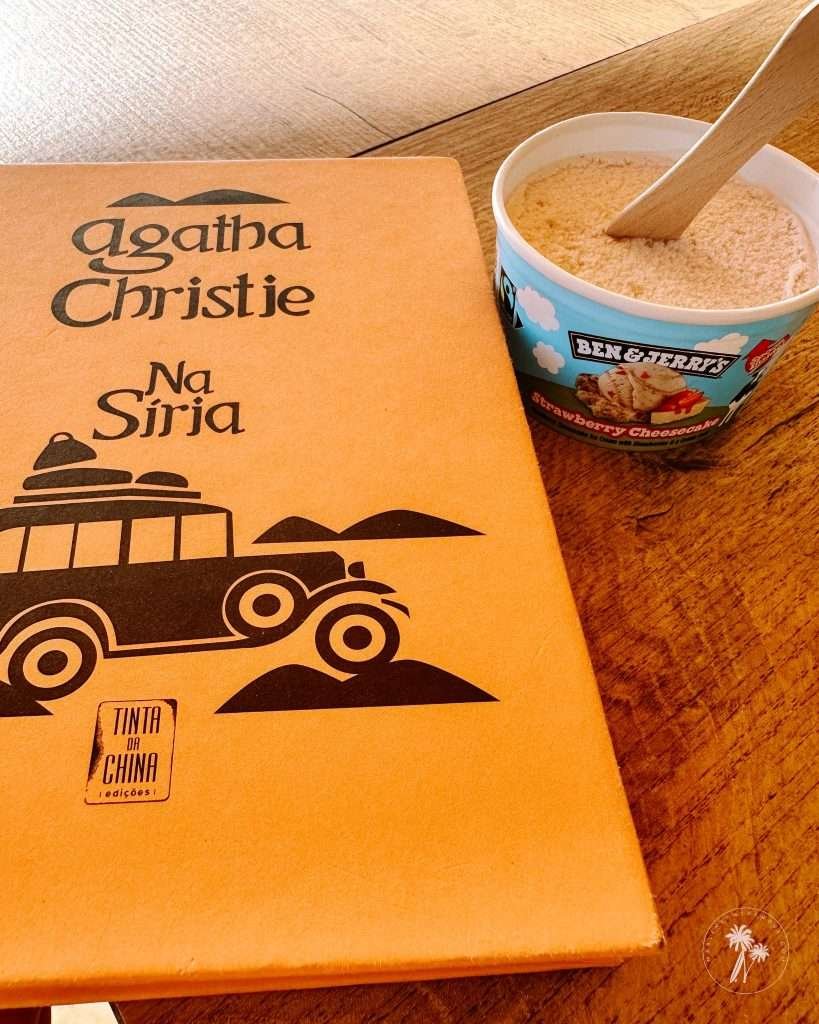
This “little book” is actually 283 pages long in this edition by the Portuguese publisher Tinta da China, in which we follow Agatha from the cold of England to the heat of Syria, from the department stores where she looks for clothes in “washable silk or cotton” to the Syrian tells* and the rooms full of rats.
An adventurous Agatha Christie
In fact, more than what the book describes, what I liked about this work was seeing Agatha Christie’s adventurous side. I saw that behind an illustrious figure I always imagined to be very composed, sitting at an old desk writing between piles of books, she traveled the world, submitting herself to situations many of us wouldn’t imagine ourselves in.
After almost a hundred books that earned her entry into the Guinness Book of World Records as the world’s best-selling author — her books have sold more than 4 billion copies in 103 languages — this is perhaps Agatha Christie’s most sincere book.
Due to its autobiographical nature and the fact that it goes beyond the mystery and crime writing that the author had accustomed us to, publishers devalued this book at the time. But like any of Christie’s works, it was successful and still stands today.
* Tell: the name given in the Middle East to clumps of rubble resulting from the ruin of buildings built with mud bricks in places where there were settlements in ancient times. (Note taken from the book)
